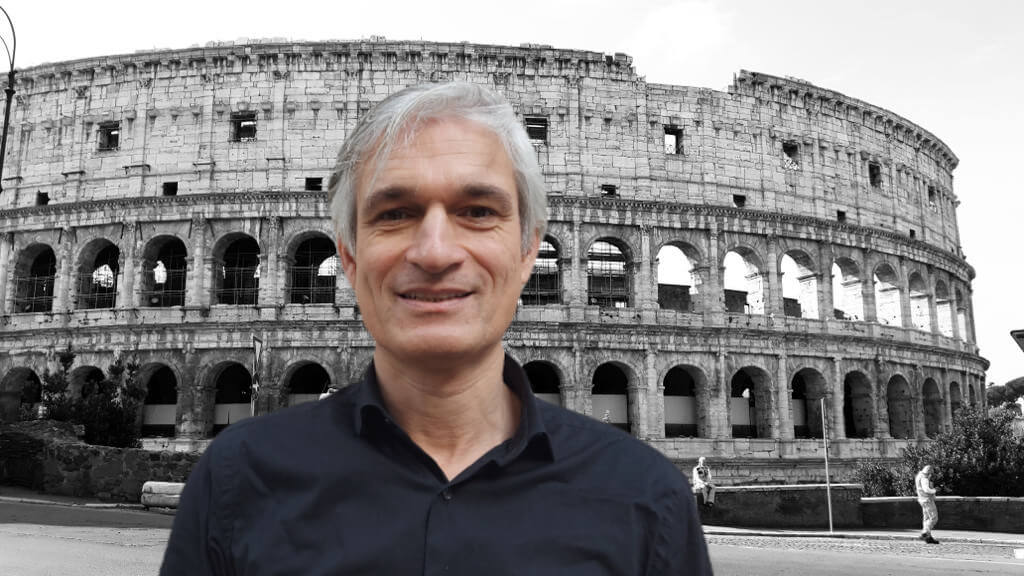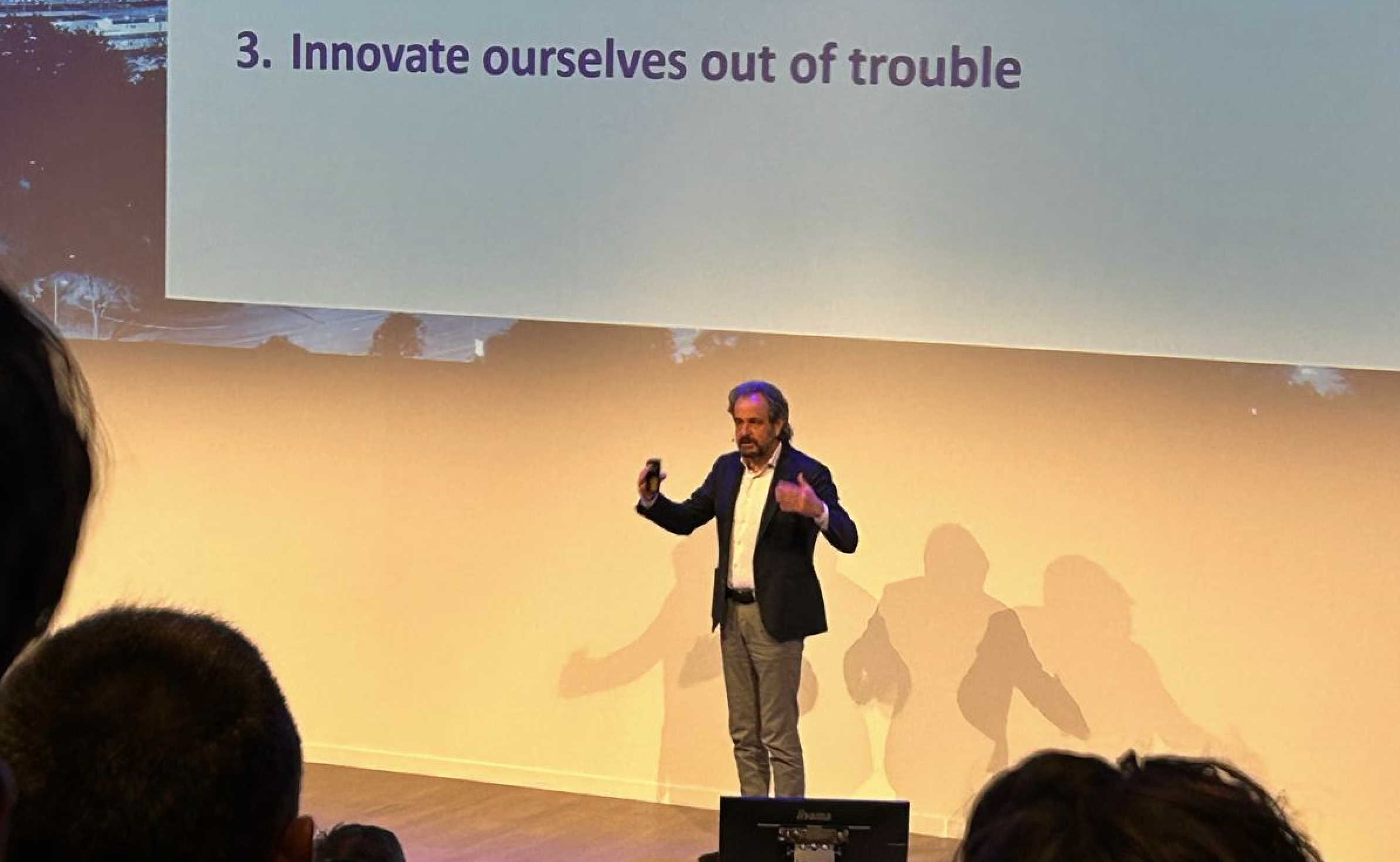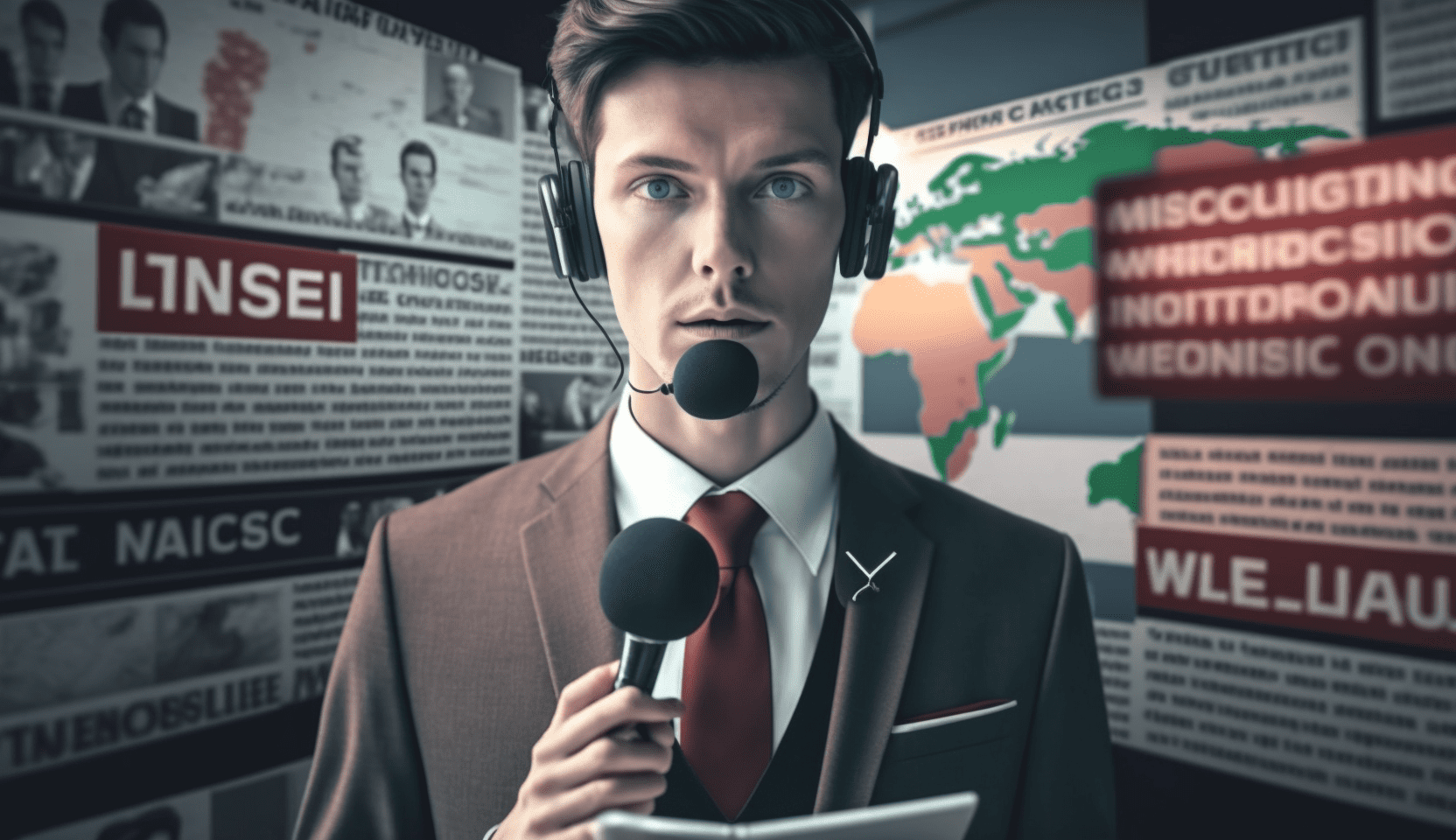
“Artificial intelligence is at the heart of the epochal change we are experiencing,” Pope Francis stated in a short video message circulated by the Vatican on Thursday afternoon.
“Robotics can make a better world possible if it is joined to the common good. Indeed, if technological progress increases inequalities, it is not true progress.” The Pope then insisted that in his view: “Future advances should be oriented towards respecting the dignity of the person and of Creation.”
The Pope asks believers to pray “… that the progress of robotics and artificial intelligence may always serve humankind.”
The Pope would not be the Pope if he did not invite the faith community to “… pray that the progress of robotics and artificial intelligence may always serve humankind… we could say, may it ‘be human’.” On paper, the Roman Catholic Church has 1.3 billion believers worldwide. What is referred to as the Pope’s monthly prayer intention that he announced yesterday covers the whole of November.
Humankind is being ‘technologized’
It is not the first time that the Pope has spoken about artificial intelligence. Back in February 2019, he did not have a lot of positive things to say about it. “Today’s evolution of technical capacity casts a dangerous spell (…) the machine is not limited to driving alone but ends up guiding man.” Pope Francis addressed these words to the members of the Pontifical Academy for Life and went on to say: “Moreover, the risk of man being “technologized”, rather than technology humanized, is already real.”
Yet even then, Francis could see the good sides of AI.
The importance of Artificial Intelligence
The press release released with the video on November 5 states that the Pope recognizes the importance of artificial intelligence and that it has evolved at an exponential rate in recent years “as demonstrated by its many applications in various fields of knowledge. Today, 37% of organizations in the world have somehow implemented AI, with a 270% increase over the past four years.”

AI is capable of solving a lot of problems. The press release lists some of them, such as “assessing the educational capabilities of students, helping people with disabilities to develop better communication tools, facilitating the collection and dissemination of health information to improve diagnosis and treatment.”
“Its applications in ecological areas are also remarkable: climate change data can be analyzed to predict natural disasters. It can also be used to create sustainable cities and increase energy efficiency,” the text states.








